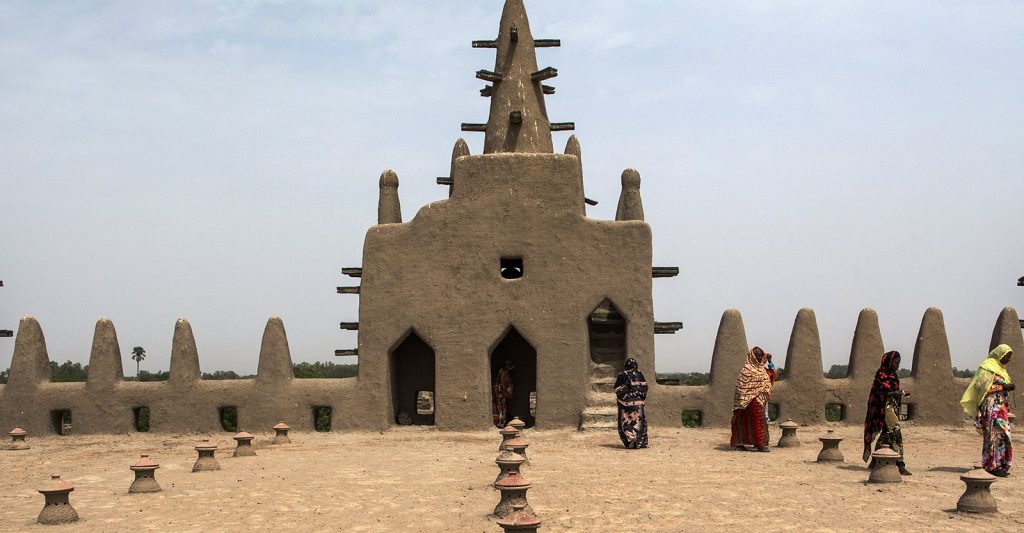As the effects of climate change continue to cause significant damage across the globe, recent research led by the University of Cape Town’s (UCT) African Climate and Development Initiative (ACDI) revealed that heritage sites of “outstanding and universal value” located along the African coast are at threat of rising sea levels.
The global team of climate risk and heritage experts – led by Dr Nicholas Simpson, a postdoctoral research fellow at the ACDI – have presented their first comprehensive assessment that details how African cultural and heritage sites are exposed to extreme high sea levels, as well as erosion associated with accelerating sea levels. Their research was published in a leading peer-reviewed scientific journal Nature Climate Change this week.

The team spent a full year identifying and methodically mapping the boundary of 284 African coastal heritage sites. Thereafter, Dr Simpson explained, the team modelled the exposure of each site using future global warming scenarios.
Research findings
According to Simpson, researchers uncovered several ground-breaking findings.
Fifty-six sites surveyed, including the iconic ruins of Tipasa in Algeria and the North Sinai archaeological Sites Zone in Egypt, are at risk of being affected by once-in-a-century-type extreme high sea levels. By 2050, the number of exposed sites is expected to triple. About 191 sites are likely to be affected by moderate emissions and 198 by high emissions.
“There are several countries projected to have all their coastal heritage sites exposed to the 100-year extreme coastal event by the end of the century.”
Further, he said at least 151 other natural and 40 cultural sites are also at risk of being exposed to rising sea levels from 2050 onwards.
“There are several countries projected to have all their coastal heritage sites exposed to the 100-year extreme coastal event by the end of the century,” Simpson said.
The countries and territories affected include Cameroon, the Democratic Republic of the Congo, Djibouti, Western Sahara, Libya, Mozambique, Mauritania, and Namibia. He said worst case scenario, Côte d’Ivoire, Cabo Verde, Sudan and Tanzania could also be affected.
Climate change adaption measures
The ACDI’s Dr Christopher Trisos, a co-author on the paper, said if climate change mitigation successfully reduces greenhouse gas emissions from a high-emissions pathway to a moderate emissions pathway, by 2050 the number of highly exposed sites can be reduced by 25%. This, Dr Trisos said, would reduce significant loss and damage to Africa’s unique heritage sites.
Simpson pointed out that these results highlight an urgent need for climate change adaption measures to mitigate these effects, and to protect and reduce exposure to these iconic heritage sites. The team suggested that the following measures be put in place: improve governance and management approaches; conduct site-specific vulnerability assessments and exposure monitoring; and implement protection strategies such as ecosystem-based adaptation by integrating local and indigenous knowledge systems.
“These findings are very important. They help with prioritising sites at risk and highlight the need for immediate protective action for African heritage sites,” he said.

